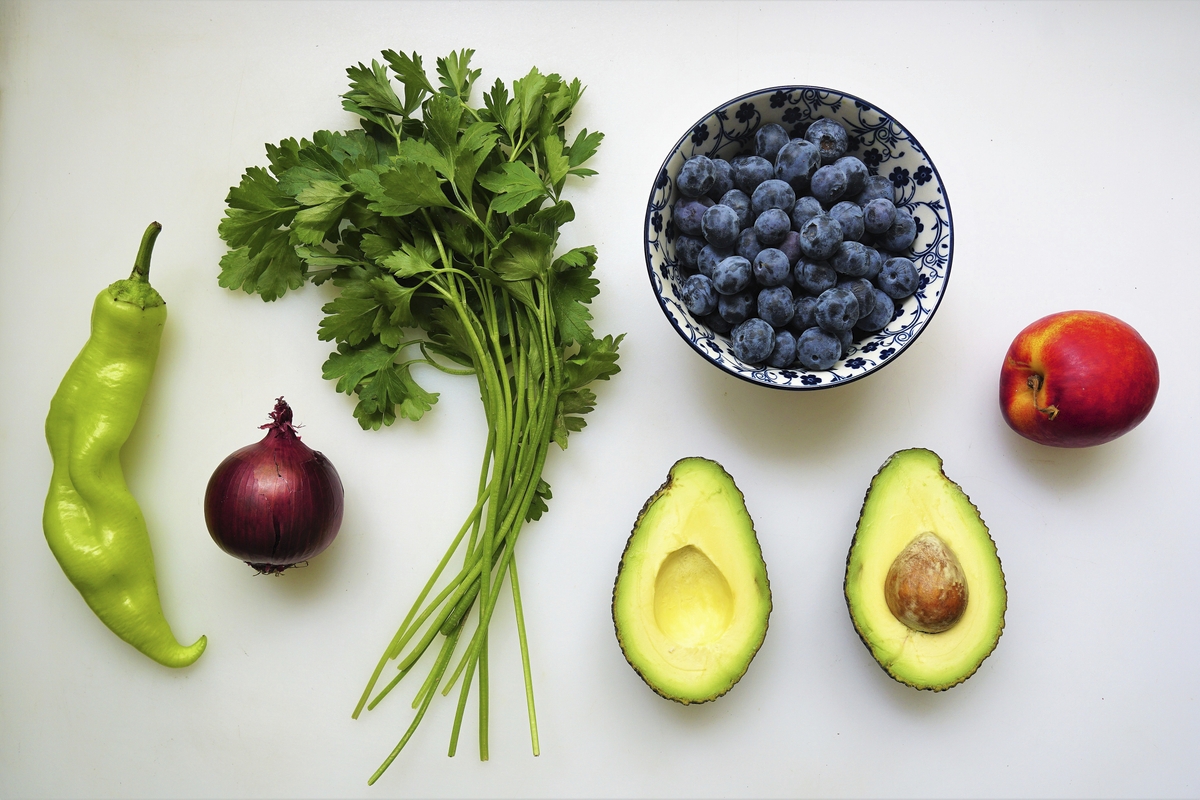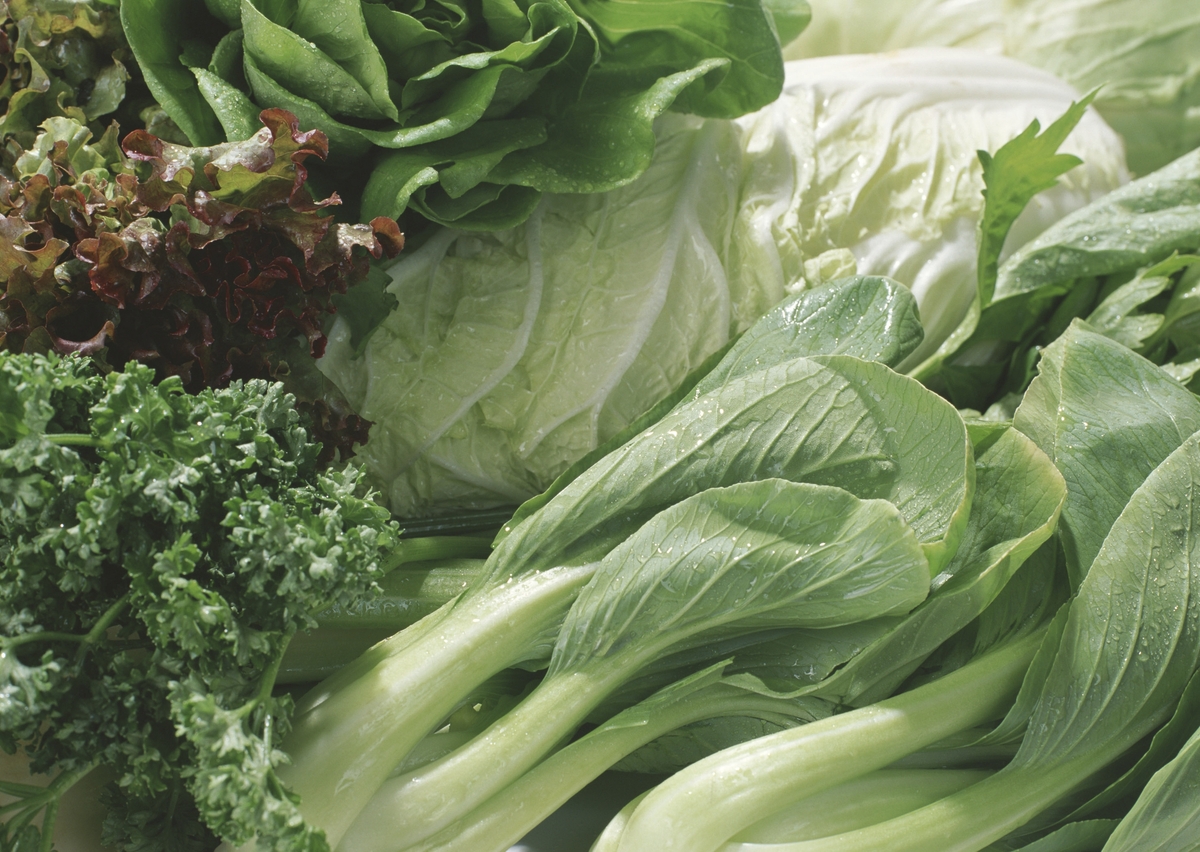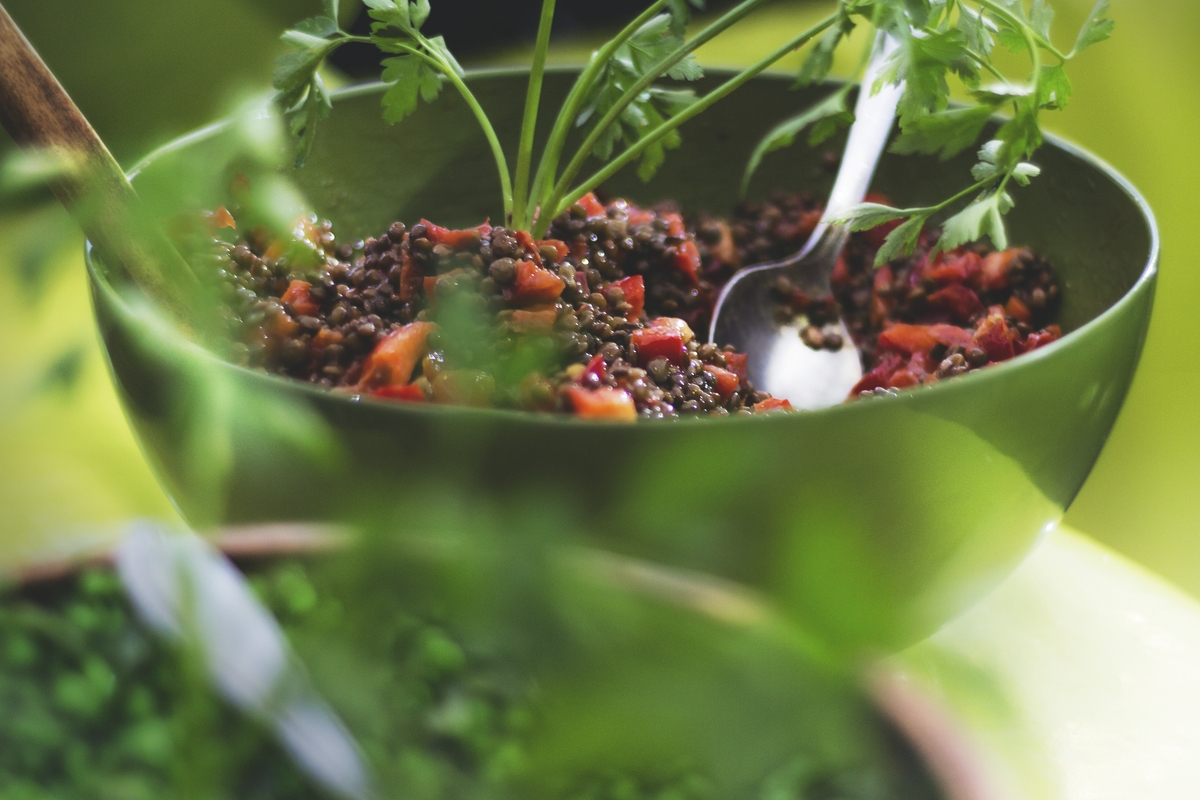What Is A Superfood
Superfoods refer to nutrient-dense foods that contain many vitamins, minerals, fiber, and antioxidants that promote your health. But the word “superfood” itself is not a scientifically approved term. Because of this, there are no specific criteria that make some foods a superfood, but foods rich in nutrients can get referred to as superfoods.
Most vegetables, fruits, and whole grains have high nutritional value. This is why foods from these food groups make up the majority of superfoods. Let's take a closer look at some of these "superfoods".

Most Common Superfoods
Blueberries
Blueberries are one of the most well-known superfoods. They're low in calories and rich in nutrients like vitamins C and K, which are essential for growing, developing, and repairing your body tissues; blood clotting, and bone development. They also have one of the highest levels of antioxidants of all common fruits and vegetables, which boosts your heart health, brain functions, and immune system.
Dark Green Leafy Vegetables

Dark green leafy vegetables like kale, spinach, and collard greens are also all superfoods. Leafy greens are rich in nutrients like folate, zinc, calcium, iron, magnesium, vitamin C, and fiber that promote your health. They also contain high levels of carotenoids, an antioxidant known for promoting your health and protecting your body against certain types of cancer.
Nuts & Seeds
Nuts and seeds are an excellent source of healthy fats and plant protein. Studies have shown that eating nuts more than four times a week supports your heart health and may help lower the risk of heart diseases. Another study has shown that chia seeds may help reduce blood pressure for people with hypertension or high blood pressure, which are both strong risk factors for developing heart disease.
Avocado
Avocados are packed with heart-healthy fats and fiber, as well as a number of vitamins and minerals, such as potassium, magnesium, folate, and vitamins B6, C, and E. These nutrients protect against heart disease by lowering bad cholesterol and keeping blood pressure at a healthy level, help you feel full, support healthy body weight, and promote gut health.
Quinoa

Often referred to as a super grain, quinoa is high in fiber and high-quality protein that helps you feel full for a long time and supports ideal body weight. It is also a good source of folate, magnesium, zinc, and iron, which all have crucial roles in delivering body functions. The health benefits of quinoa go beyond the vitamins and minerals it provides, with some studies suggesting that quinoa can help regulate blood sugar levels and lower cholesterol levels.
Fermented Foods
Fermented foods like kefir, kombucha, and kimchi give your body beneficial bacteria called probiotics that fight harmful bacteria, boost your gut health, and improve your immune system. Some studies also suggest that eating fermented foods can raise your mood and lower anxiety.
Matcha Green Tea

Matcha is a type of green tea loaded with catechins and antioxidants that offer many health benefits. For example, drinking matcha tea can help lower high cholesterol levels, helping your heart health. Matcha may also help protect the liver and reduce the risk of liver diseases.
The Truth Behind Superfoods
There is a growing public interest in food and health. The idea that some foods are healthy, unhealthy, or super healthy can be appealing to consumers. At the same time, these classifications can also lead to misunderstandings about the health benefits of certain foods, as there is the risk of assuming that foods can't be healthy unless it is commonly classified as “superfood”. Every nutritious food option offers different health benefits, regardless of whether popular opinion considers it a superfood. For example, though carrots are not typically labeled as a superfood, it doesn't make them any less healthy than other so-called “superfoods”. There is no doubt that carrots are healthy given that they are an excellent source of antioxidants and beta carotene that help improve eye health.
Given that the label “superfood” is often subjective, it is important to keep in mind how the labeling influences food trends and changes how people view foods, making it even more important to know the scientific evidence behind superfood claims. Superfoods themselves do not have super powers that make you healthy.
While they may offer a range of health benefits, it doesn’t make them a miracle food for your health because achieving optimal health means eating a balanced diet made up of foods from different food groups. Therefore, to achieve optimal health, it's better to eat a super plate with a variety of nutritious foods rather than solely focusing on eating one type of superfood.












